Charities and non-profits are finally taking notice that their existing donors hold HUGE potential for larger, more meaningful giving than they may have thought. The problem is, charities are spending entirely too much time mapping out the ‘ask’, and not nearly enough time brainstorming ideas around appropriate stewardship and how to genuinely, deeply and appropriately THANK those donors who significantly increase their giving to your organization.
In case you aren’t familiar with the concept of a HERO giving, here’s a brief summary from the Good Works recent whitepaper ‘Finding Your Hidden Heroes’:
- Converting 3% of your ‘everyday’ donors to HERO donors could add 30% to your net revenues;
- To grow revenues, you have to develop a strategy that focuses on your mid-level donors (those that are giving more than your typical annual giving donor but less than major gift level);
- Everyday donors have the potential to give a lot more than they are currently;
We’ve seen organizations tackle this head on – they’ve pulled senior leadership, board members, volunteers and perhaps a handful of engaged donors together and crafted a detailed, thoughtful and compelling “mini-campaign” which they present to a group of their most loyal and committed donors (those ‘ordinary’ donors whose giving history indicates a strong commitment and affinity for your organization). But sadly, what most organizations aren’t doing is fulfilling the promises made to those donors.
Imagine for a minute that you receive a special promotion from your favourite shop. The special offer consists of spending a minimum of $200 in store in exchange for a unique gift card for dinner for two at a new local restaurant. You’re pumped – you’ve recently heard great reviews and you’ve been dying to check it out!
After completing your $200 purchase, you’re informed that the promotion is only valid for regularly priced merchandise, but you’ve also purchased a few sales items. You’re told that unfortunately, you don’t qualify to receive the gift card. You’re so disappointed. You were under the impression that there were no restrictions with respect to the promo and you can’t believe your favourite shop – the store you’ve been a loyal customer to for years – is not willing to honour your purchases. How likely is it that you will leave feeling like a valued customer? Do you think you’ll be as quick to recommend this store to friends and family? Will you even continue to shop there? It’s much the same when a donor has a negative experience with a charitable organization.
If you make a solid and compelling case for support and commit to specific stewardship and recognition activities in exchange for that support, you MUST honour those commitments. Not doing so will surely erode the hard-earned trust you’ve established between the donor and your organization.
I urge you to give some serious thought to how best to thank and recognize your donors – especially those that make the decision to significantly increase their support to your organization. Granted some will not be interested in recognition opportunities (in fact we know from past research conducted at Good Works that 90% of Canadian donors are aware that they can receive special recognition for gifts in excess of $500, yet only about 14% of these donors say that this recognition would be an important element in their decision to give at this level. Only 4% of the donors surveyed said that they’d increase their giving to this level in order to receive some sort of special recognition). I think that’s pretty telling. The fact is you can bet that those donors who are interested in recognition will take notice when you don’t follow through.
We know that all donors (regardless of their giving amount), want to know that their donation HAS made a difference. They also want to know HOW it’s made a difference. If you’ve promised to invite donors to the opening of your new youth recreation centre or a tour of your new cancer facility, you must fulfill that promise to your donors, plain and simple.
If you’d like some help in determining what is of value to donors in terms of stewardship and potential recognition, check out our blog posts on the subject. If you’d like to talk to a Good Worker about what a customized stewardship plan for your donors could look like, feel free to connect with us at info@goodworksco.ca.
This post was written by Heather Brown, former Philanthropic Counsel at Good Works and fundraiser extraordinaire.

